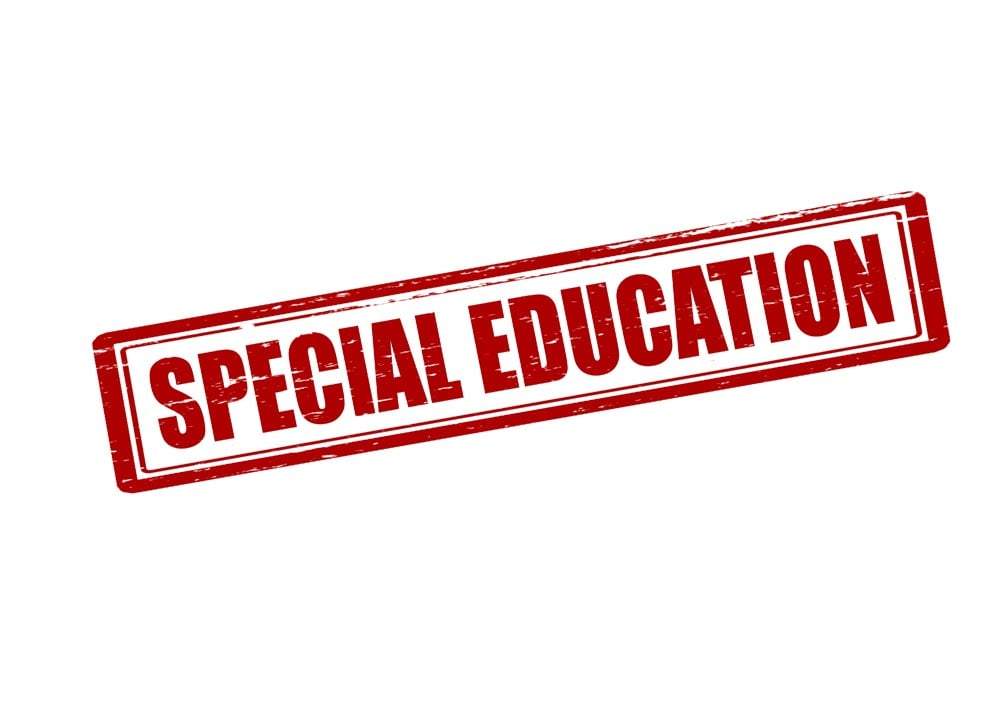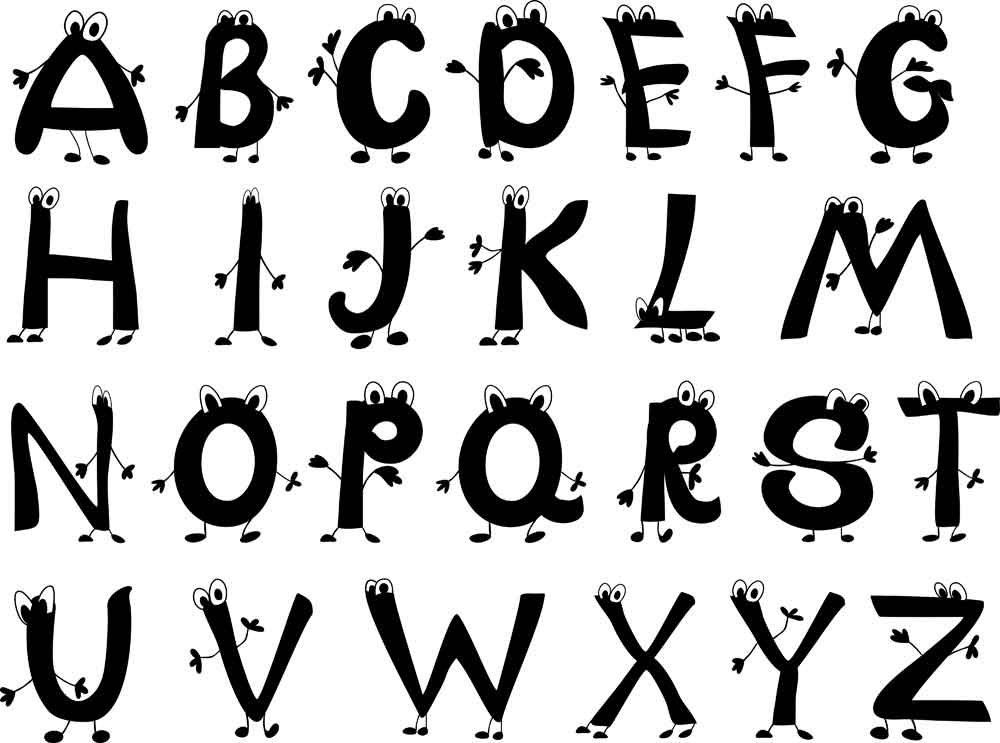 By Marcia Brown Rubinstein
By Marcia Brown Rubinstein
Original Source: Smart Kids with Learning Disabilities
AT A GLANCE
How and when to tell your child about her learning disabilities depends on your readiness as well as hers • The “right time” is sooner rather than later, never in anger, and always in an atmosphere of optimism and confidence • Encourage ongoing discussions characterized by honesty, clear communication, reassurance, and an emphasis on her unique abilities.
As a parent, you must make sure that your child has the right information at the right time so that she can navigate her world with confidence. The same is true for information about learning disabilities.
Parents often agonize about telling a child that she has learning disabilities. But can you imagine not telling your child she has asthma because you don’t want her to feel funny using an inhaler to breathe?
Learning disabilities are just as real and just as disabling as biological differences. The sooner they’re addressed, the better the prognosis for a productive future.
FINDING THE RIGHT BALANCE
In the absence of an explanation, your child will assume that she is stupid if she stumbles in class, struggles with assignments, and sees that others need less assistance to learn. If you haven’t educated her about her unique learning style before that happens, you’ve waited too long.
On the other hand, if you describe all the difficulties that may develop from a particular diagnosis, you may create a self-fulfilling prophecy. She may assume that she is incapable of learning anything, so why bother trying? In that case, you have disclosed too much too soon.
Is there a perfect time to inform your child about her learning disabilities? Of course. But the perfect time is different for every child, in every family, in every culture, in every setting, in every school, for every type of intellectual range, and for every type of learning disability.
So how and when should you begin to educate your child about her learning differences? The answer is simple: When you are ready, when she is ready, when the time is right, better sooner than later, never in anger, and always in an atmosphere of optimism and confidence. Following are tips to help you through the process.
- Educate yourself about your child’s diagnosis and her assets and deficits before communicating the scope of the learning disability to her. In your discussions do not lose sight of her strengths and unique abilities.
- Reassure her that she’s perfectly healthy, then explain her specific learning disability in detail suitable to her age and intellect. If she has dyslexia, for example, you may want to say that her brain works differently when she reads. If she’s been mixing up letters, point it out as an example of what happens with dyslexia. With older kids, prepare material for them to read and referrals to websites that explain their specific type of LD in language they can understand.
- Tell her how you’re going to get help. Reinforce the fact that you and all family members will do everything it takes to guarantee her success. Share some examples of successful people with LD.
- Explain tasks she’ll find easy to complete and ones that might provide challenges. Find support professionals to cover areas you cannot manage yourself. This includes emotional as well as cognitive issues.
- Maintain an ongoing discussion about your child’s future. Discuss your expectations and hopes as well as hers. Make sure she knows that she can excel as long as she works hard. Don’t downplay the fact that there will be frustration along the way. Reinforce the fact that you and other family members will do what’s needed to ensure success.
- Communicate clearly. Make sure your child understands everything you’re saying. Don’t hide behind jargon and clinical terms. Translate those into language she will understand. Help her apply the information in proactive, upbeat ways.
- Compliment her often and sincerely. Self-esteem and resiliency are often fragile in a child with LD. Praise her lavishly, but make sure you mean it. Never give empty or gratuitous praise.
- Get involved in your child’s school. There is nothing better than your active and obvious presence. You are your child’s primary educational advocate. Make sure that the teachers and administrators know you and know that you are overseeing her entire school program. Don’t find out too late that accommodations were not carried out.
- Tell your child at least once every day, “I love you.” This advice works well for kids without LD too, but for those with LD, it’s as critical as food and shelter.
There may be few things more difficult than having these important discussions with your child, but if you get stuck, keep going back to No. 9. It’s more important than all the others combined.

 Executive functioning skills are essential to succeed in life. Certain executive functioning skills, such as time management and organization, help individuals in their jobs, daily chores, and day to day responsibilities. Students with a variety of
Executive functioning skills are essential to succeed in life. Certain executive functioning skills, such as time management and organization, help individuals in their jobs, daily chores, and day to day responsibilities. Students with a variety of